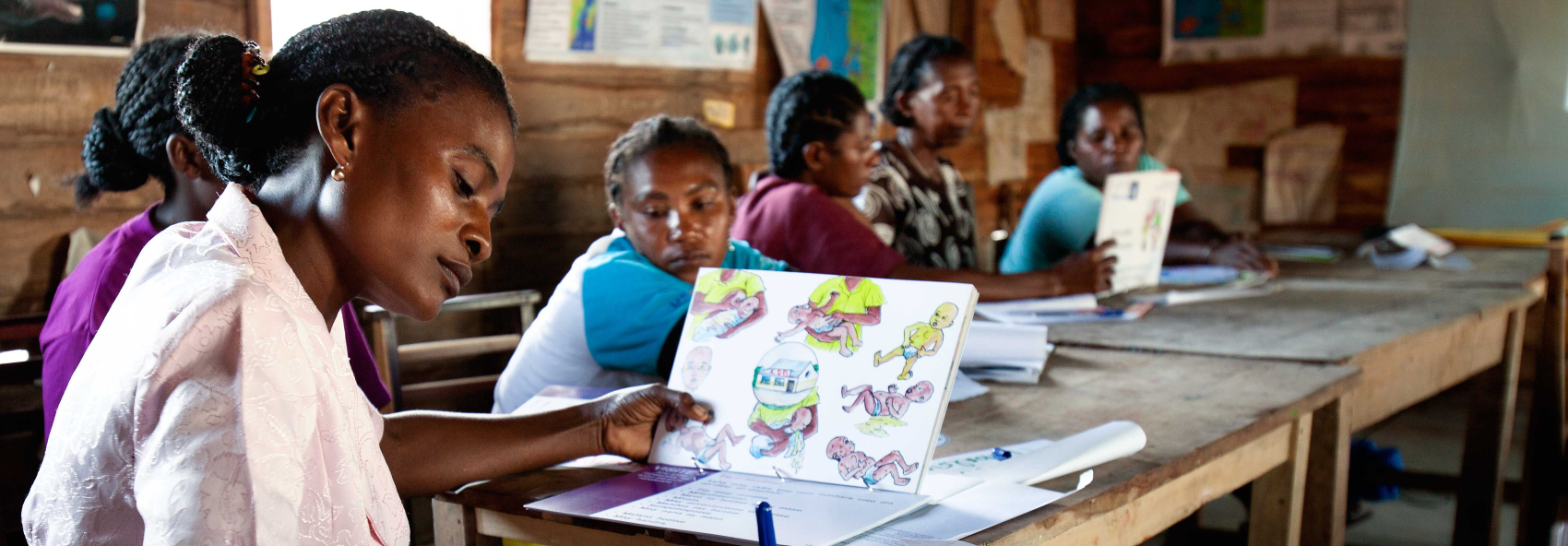
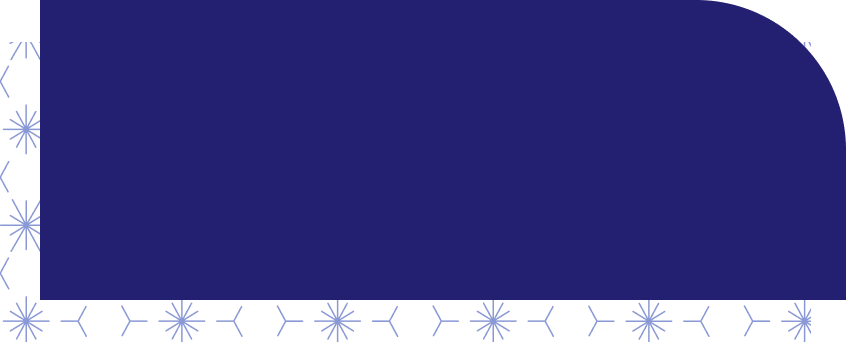
Integrating Health into Conservation
Blue Ventures
By Sara Gómez
Blue Ventures is a marine conservation organization that works with coastal communities in the tropics to help rebuild fisheries and restore ocean life.
And an important part of its strategy is about integrating family planning services with marine conservation activities. Through their work in Madagascar, Blue Ventures staff recognized that lack of sexual and reproductive health services had a major impact on communities’ ability to participate in conservation, so they decided to integrate health services into their programs. Blue Ventures began with family planning services at the request of communities.
Blue Ventures wants to shift the way conservation work is done. For years, it has been integrating health care into conservation because Blue Ventures knows that improving the health of communities benefits both people and the environment upon which they depend. Blue Ventures’ story is about the importance of listening to make sure that conservation strategies take communities’ needs into consideration. It is a story about the interconnection between human and environmental health, between marine conservation and family planning, and about navigating the intersectoral partnerships necessary to bring them together.
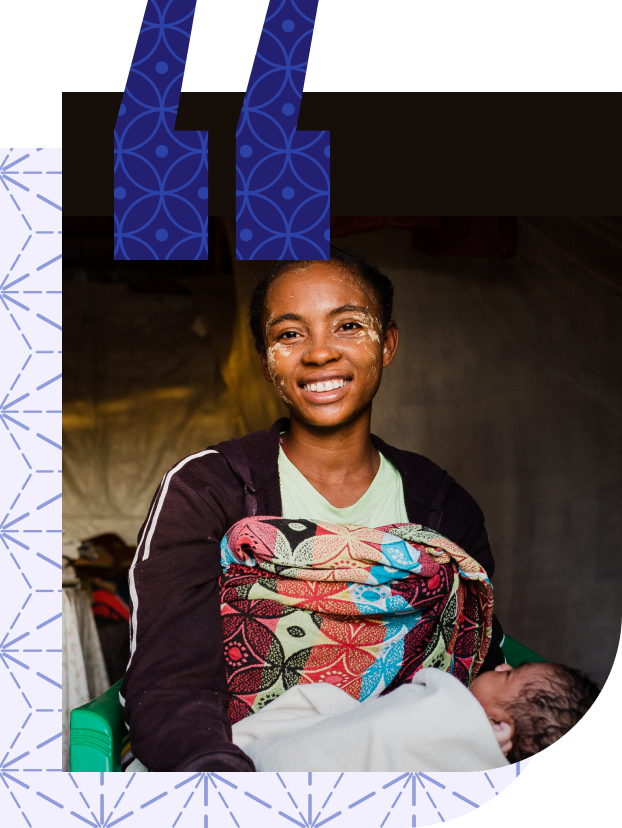
Our highest value is ‘communities first.’ We put communities at the center of the solution to the ocean sustainability and biodiversity crises. And in order to do that we have to think holistically about [their] needs.
Dr. Vik Mohan
Director of Community Health, Blue Ventures
Vik Mohan is a doctor by profession, a conservationist at heart, and the director of community health at Blue Ventures. He spoke with us about Blue Ventures’ work on family planning and conservation and its recent commitment with FP2030.
“Through partnerships, we’ve been able to ensure that communities have better access to family planning services. … We partnered with Marie Stopes International [MSI Reproductive Choices] on access to long-acting reversible contraceptive methods. And we partnered with the [Madagascar] Ministry of Public Health to ensure that the community health workers are able to provide SRH education, counseling, short-acting methods.
“So that means everyone we work with now on the west coast of Madagascar is within no more than two miles’ access to family planning services. When we started, it was nearer 50 miles, right? So that’s a dramatic increase in access.
“As a result we benefit from partnering with healthier, more engaged communities. What we see is that women are healthier. We see that children and families are healthier. As a result of this intervention, women are better able to engage in income generation. So women using our services are earning twice as much money as women who aren’t. It’s dramatic: Women who are using our services demonstrate longer-term thinking than women who aren’t using our services. Women who are using our services demonstrate and feel they’ve got more of a voice in the way natural resources are managed. The community as a whole feels more empowered. Plus women are better able to engage in the alternative livelihoods that Blue Ventures has facilitated. In short, we benefit dramatically from working with women who have better health. … What we also see is it builds trust, and it builds engagement.
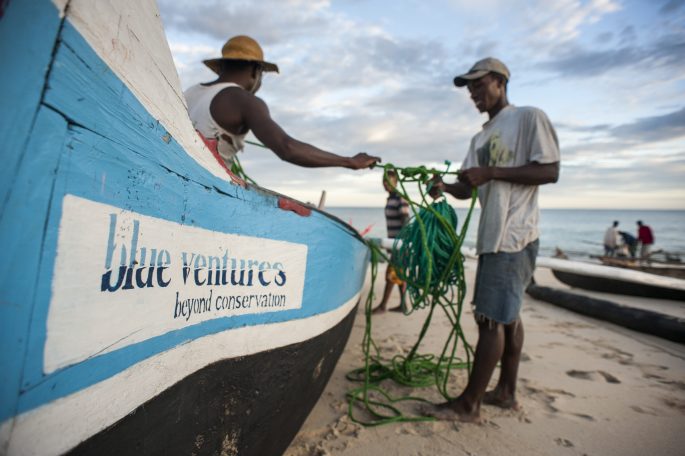
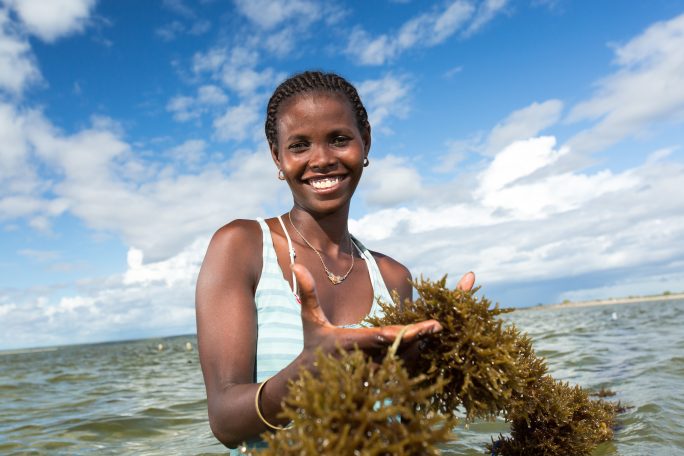
“We already had the trust of community when we started because we’ve been working with them on an issue of critical importance to their livelihood. We already had their trust, we’ve already worked alongside them. And that made it easier to talk about family planning, right?
“The PHE [public health emergency] network in Madagascar is a network of over 70 organizations that we have supported. The network facilitates the integration of family planning service provision with community-based conservation through this network. Over 700,000 people in Madagascar living in remote areas of high biodiversity are now being reached with family planning services. It’s a big part of how we’re reaching our FP2030 commitment goals.
“It’s not without its challenges, of course, getting conservation organizations and family planning providers to talk to each other, to develop a shared work plan as partners. We’ve become skilled at working with conservation organizations, to give them the confidence to partner on family planning initiatives. As you can imagine, if your job focuses purely on the marine environment, talking to communities about family planning could feel pretty daunting. Our role is to support our conservation partners. And similarly for family planning providers, our work is to broker their conversation with the conservation organization. We support developing shared M&E [monitoring and evaluation] frameworks, joint work plans, joint communications. That’s where our expertise lies: We are the experts in facilitating partnerships across different sectors.
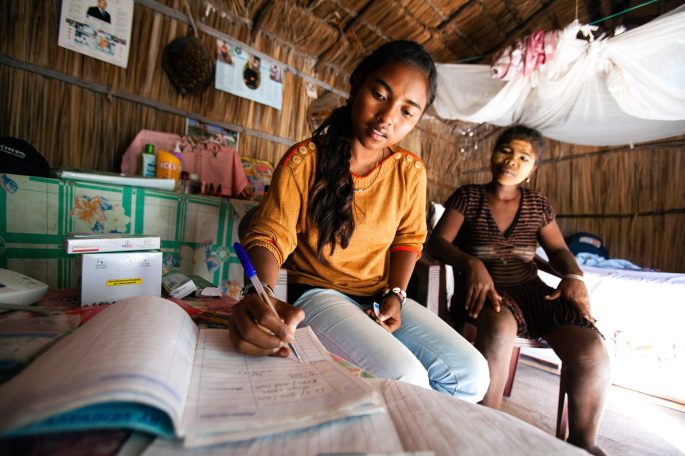
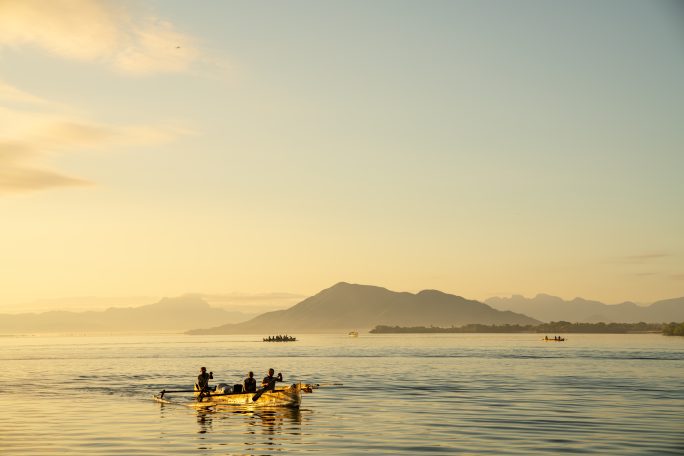
“FP2030 and our commitment to family planning broadly have enabled us to develop really impactful partnerships with service providers and with government. It lends credibility to what we’re doing — our team feels good about being part of something global. And we feel our contribution is part of a bigger effort to solving a global problem. Plus we’re excited to share with the FP2030 community our perspective, which as a conservation organization is relatively unique.
“My hope for the future is that through leveraging our association with FP2030, we can support a paradigm shift in conservation. Rather than focusing exclusively on ecosystems, I would love us also to think about the needs of the communities, who are the custodians of the biodiversity we are all trying to protect and who rely on those natural resources. I would love all conservation organizations to assess and address their needs, as part of a holistic approach to conservation. I want this way of working to become ‘the way we do things around here’ in community-based conservation.”
Visit Blue Ventures’ website for more details on how incorporating health into conservation strategies can make the strategies more effective. Read “Irene’s story” to learn how family planning helped one woman achieve her goals.